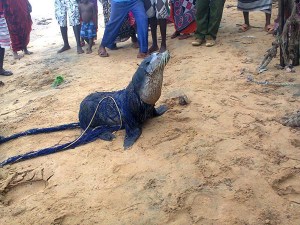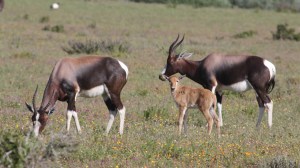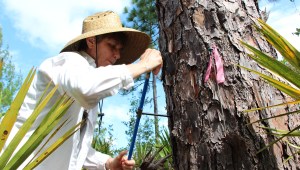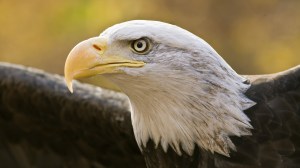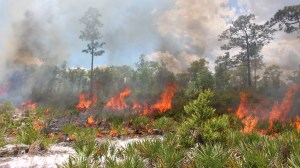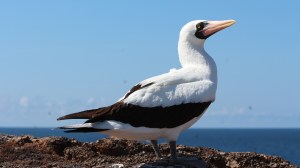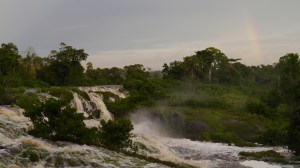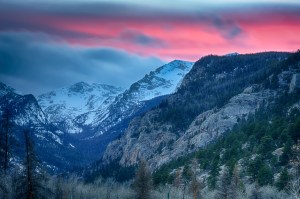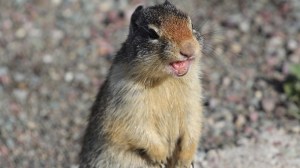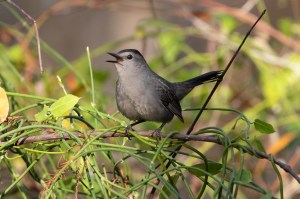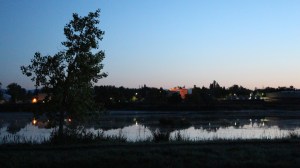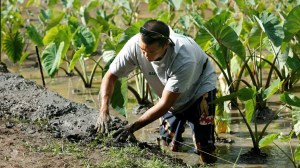Discover stories in Uncategorized
This Fur Seal is 4,000 Miles From Home. Here’s Why.
A Subantarctic fur seal sets a new distance record. How did this critter get so far from home?
Bontebok Can’t Jump: The Most Dramatic Conservation Success You’ve Never Heard About
It's a story largely forgotten: Bontebok, an antelope endemic to the South African Cape, were once reduced to 17 animals. What saved them? The answer will surprise you.
Protecting Florida’s Last Old-Growth Pines
One scientist is on a mission to protect the last of Florida’s old-growth longleaf pines, before it’s too late.
The Best Places to See 10 Iconic American Animals
What better way to celebrate the July 4 holiday than with some iconic American animals. Here's our list of the best places to see some of the coolest critters in the US.
Ancient Tree Stumps Shed New Light on Fire in Florida
Ancient pine stumps help scientists and land managers restore fire to the longleaf pine ecosystem.
The Lessons of Epic Birding Failures
One birder recounts the lessons of epic birding failures.
The Transformation of Gabon: Can Nature Make Economic Development Work Better for People?
Can Gabon find a way to achieve its development goals while protecting nature? Can valuing nature's services to people help achieve that balance?
Conserving Nature’s Stage
Conserving nature’s stage: a strategy to sustain biodiversity in the wake of climate change.
Is Mammal Watching the Next Birding?
Aside from some highly recognizable species, most mammals are elusive, nocturnal and difficult to spot. And so keeping life lists of mammals has never caught on. But could a new book change that?
Consider the Catbird: The Surprising Secrets of a Common Backyard Bird
Take a look outside and you may well see a gray catbird. But this common backyard bird is full of surprises.
Extreme Birding: The Big Night
One birder takes on an epic challenge: birding from sundown to sunup in a Big Night.
Can Traditional Agriculture Restore the Reef?
Ninety percent of the land was covered with invasive weeds. But that degraded land could hold the key to restoring the reef on the island of Oʻahu. Just add agriculture.
